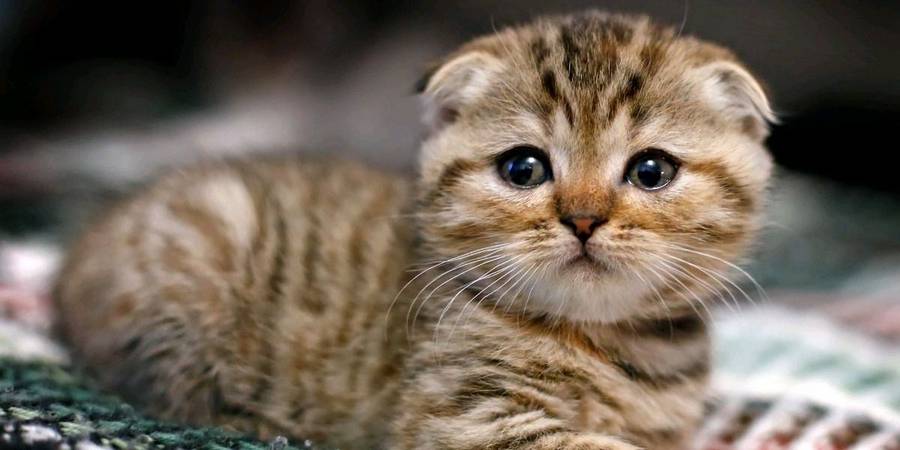The species was discovered in Scotland in the year 1961 All Scottish Folds have a connection to “Susie” the barn cat with ears that resemble those of an owl. Kittens have ears that are straight and those who carry the earfold gene will begin to see their ears bend around one month of the age of. Despite their unique design, Scottish Folds have normal hearing capabilities. The sweet-faced cats prefer sleeping with their heads on. Scottish Folds are easy-going nature and are a good friend to pet owners and household pets. Their calm nature makes them perfect for loud family homes, including dogs and children.

Main personality traits of Scottish Fold cats
Your cat is unique! It can sense your mood and is interested in your day and has puffed to get to your soul. Most likely, you picked it due to the short haired Scottish Folds (sometimes known as “Foldies”) and you can reckon on certain main traits that could suit your needs, for example:
- Laid back
- Gets along kids
- Is good with cats-friendly dogs
- Flexible to a various living environments
- Is a short, easy to care-for coat
It’s impossible to be flawless! Every cat breed has its own special features, and the Scottish Fold is no exception Perhaps you have also noted these traits:
- Tendency to overeating. Regular exercise and right feeding diet help to prevent weight increase.
- Some stubbornness. Easily regulated by love, respect and patience of owner.
Scottish folds are usually very sociable and we love them because of it! The love people and will not be scared in new situations.
Your Scottish Fold’s health
The below health concerns may cause during the your Fold’s life. If you are aware of the common health issues that plague the shorthaired Scottish Folds it is better to establish a preventive health regimen and possibly reduce some of the known risks for your cat. Many health issues and diseases are genetic in nature.
They are mostly a result of the breed features. The diseases we’ll discuss here have a high percentage of occurrence or have a significant impact on this breed in particular as per a broad consensus among cat genetic researchers and veterinarians. It doesn’t mean that your cat is prone to these issues, it’s just that they may be more at higher risk than others.
Scottish cats are generally quite healthy, but like any cat breed, they do have some health weaknesses. The future owner should be aware of possible health problems that Scottish cats may be susceptible to:
- Both Scottish Folds and Highland Folds are at risk for joint disease. Diseases such as dysplasia are caused by improper breeding, so choose your Scottish or Highland Fold breeder carefully.
- Cardiovascular diseases.
These are the most common health issues for the Scottish cat breed. In any case if you buy a Scottish Fold cat from a responsible breeder, the risks are reduced. Also ask about insurance and show your new cat to the vet. More so that the vet will prescribe a proper feeding diet. Folds, especially spayed ones, are prone to overeating, your cat’s weight should be watched.
Weight Management for Scottish Fold Cats
Obesity is one of the most prevalent diseases which is the cause of a many illnesses and deaths among cats. This information is more widely known and widely understood than it was in the past few decades, but many pet owners have not yet realized the potential dangers of excess weight for their pets.

Weight gain is among the main factors that contribute to the development of arthritis diabetics, as well as other potentially fatal illnesses. Many people have experienced firsthand through personal experience–that losing just one or two pounds can lead to greater mobility and a higher motivation to get active. Studies suggest that having extra weight can cut the life span of pets by up to two years and lead to the development from arthritis at least two years earlier. The disease, which is inherited has a higher probability being diagnosed in overweight animals however it may not develop in an overweight cat. The heavier an animal is more likely to develop diabetes. Hepatic lipidosis or fat liver, is another possibility of death for overweight animals. Hepatic the disease can be diagnosed within as little as 48 hours after a cat who is overweight isn’t eating due to reasons of any kind.



